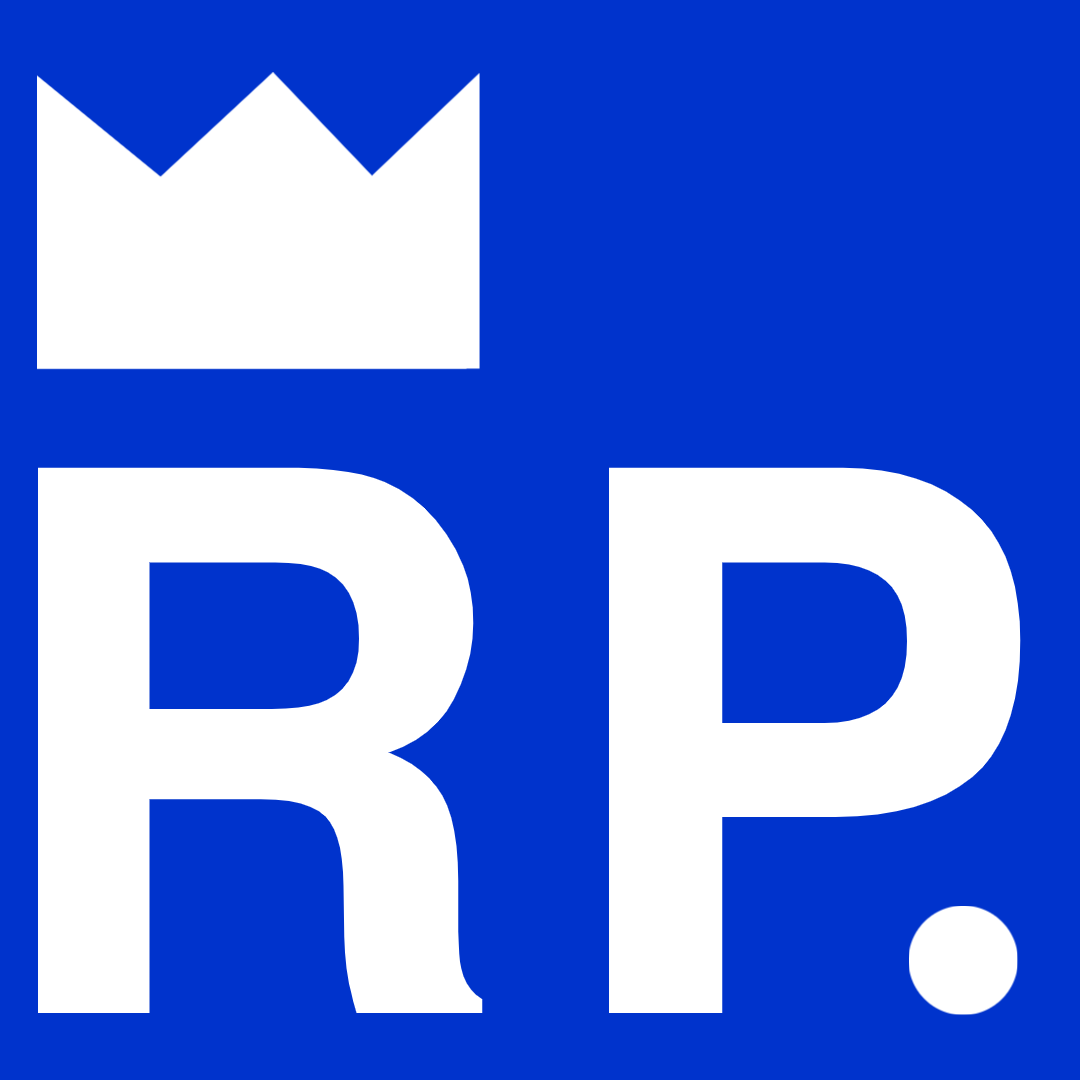Hopkins Removes School Resource Officer, Ends Contract with Minnetonka Police Department
Oct 21, 2020
On May 25, George Floyd was murdered by Minneapolis police officer Derek Chauvin, which was captured on video by onlookers who pleaded for his life, which was later released for public reckoning.
Protests ensued around the world. More black lives were snuffed out by law enforcement following Floyd’s death, creating even more political unrest. Curfews were put in place, highways blocked off.
The Black Lives Matter movement had reached a boiling point.
Floyd’s death took place just outside the Cup Foods grocery store in Uptown Minneapolis, a mere 13 miles away from HHS. With his murder taking place in such close proximity, it made an even greater impact on HHS students.
This summer, a student group was created with the objective in place to examine the School Resource Officer [SRO] role in school. On Sept. 11, 2020, the decision was made. The school board had decided not to renew their contract with the Minnetonka Police Department following the end of their current contract in December.
Elliot Berman, senior, was one member of this student panel.
“The SRO program had to be ended because it did not give all students the ability to achieve their fullest academic potential nor keep them all safe,” Berman said.
While it certainly was a factor, Floyd’s death was not the only catalyst for this sparked discussion. Students and families everywhere have discussed the importance of a police presence in schools, and how students are affected, for many years.
“Before June of [this year], I never saw any public actions taken by the district to be actively anti-racist. We still contributed to the school-to-prison pipeline and we still see most Advanced Placement classes taken by a large majority of white students,” Berman said. “These problems are not specific to our school, but rather stem from a racist system that affects every single school across the country.”
The school-to-prison pipeline Berman mentioned is a widespread problem. It is defined by the NAACP as, “The way in which the modern criminal justice system has seeped into our schools, serving to remove children from mainstream educational environments and funnel them onto a one-way path toward prison. These various policies, collectively referred to as the School-to-Prison Pipeline, push children out of school and hasten their entry into the juvenile, and eventually the criminal, justice system, where prison is the end of the road.”
Having a police presence in schools creates more focus on punishment as opposed to rehabilitation, almost similar to prison. Hence, the school-to-prison pipeline.
Muna Musse, class of 2020, was also a member of the student review committee.
“I believe the online movement ‘CopsOutHHS’ started the conversation of police in [the district]. The creators of that account advocated for students of color in our schools to be protected from criminalization, profiling, and discrimination by the school resource officer stationed at HHS,” Musse said. “For many years, black students have experienced physical and emotional harm from school resource officers, and our district leaders need to stop funneling money into practices that criminalize students of color.”
Besides the @CopsOutHHS Instagram account, which began publicly campaigning on June 30, there is also the @blackathhs account, which provides a platform for students to detail the discrimination they have felt at HHS.
“My goal [in the committee] was to change the discipline policies at HHS to one that is more positive. For many years, students of color have been suspended or expelled, which results in students being pushed out of schools,” Musse said.
Musse believes these extreme forms of punishment contribute to the racism at HHS and are in desperate need of reform.
“A zero-tolerance approach to school discipline isn’t promoting positive safety. Students are struggling and not feeling supported. I’d like for our school to implement positive discipline, which will create an environment that students can thrive in,” Musse said.
Still, the decision to remove the SRO from HHS does not have everyone’s approval. Many students are concerned about their safety, and don’t feel as though the SRO has affected them in their day-to-day life.
However, The Royal Page was not able to find any students to publicly comment on this perspective.
The fear of safety in school is one that Crystal Ballard, principal, has addressed in an email sent to all HHS students. In her email, she reassures her recipients that student safety will not be sacrificed with this change.
“Transitioning our SRO contract also does not mean that police will not respond in the event of a medical emergency or if a 911 call is made. Police will continue to support us in this way and are able to respond in seconds or minutes,” Ballard said in her Sept. 11 email.
With the removal of the SRO comes a greater reliance on HHS counselors. A bigger emphasis will be placed on prevention, rather than ‘damage control’ if the need arises.
While it’s new, and may be concerning to some students, the removal of the SRO makes HHS one step closer to becoming an anti-racist institution.
